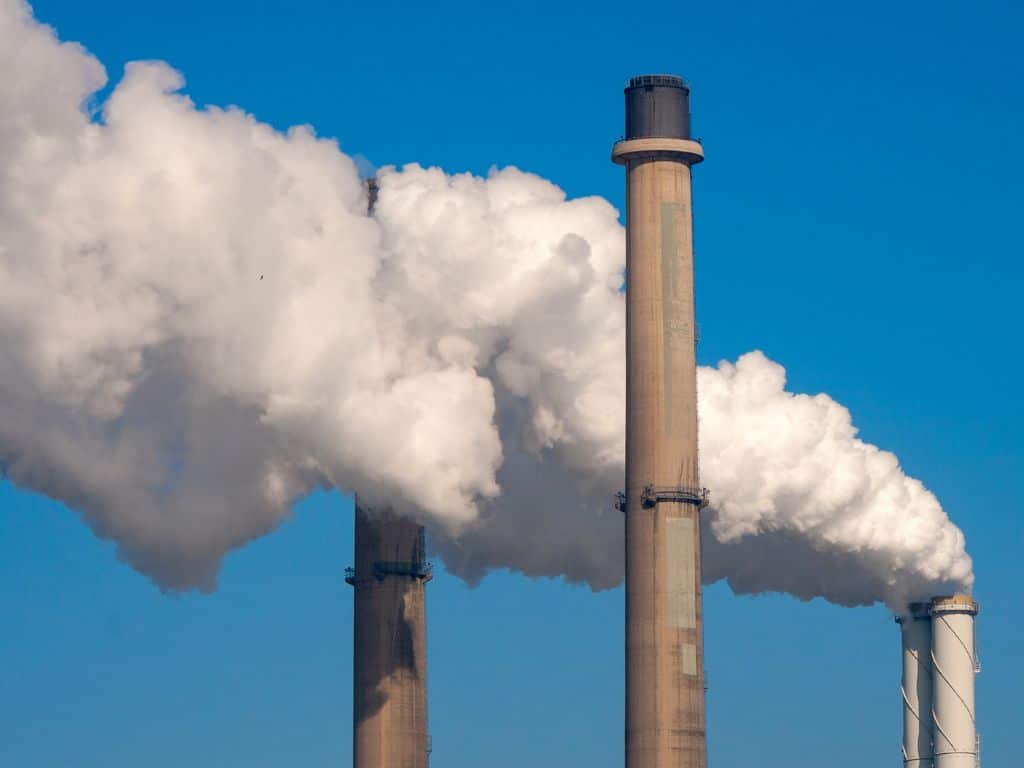
The eagerly awaited UNEP Emissions Gap Report comes in the midst of an unprecedented year for climate change-related events and brand-new record-breaking levels of greenhouse gas emissions. Devastating events will continue to occur in the years and decades to come unless the world changes course, the UN agency warns.
—
A new UN report has issued a warning before the UN climate summit, COP28, next week, warning that the world is on track to warm by 2.9C this century and that merely more aggressive climate action will protect humanity from the worst effects of global warming.
Recent climate mitigation strategies and targets for 2030 put the world on course for a 2.9C global temperature rise this century, much from the 1.5C threshold agreed upon by world countries in the 2015 Paris Agreement, according to the most recent Emissions Gap Report, which tracks the gap between where global emissions are heading with existing country commitments and where they ought to be to limit warming to 1.5C.  ,
Greenhouse gas ( GHG ) emissions have risen by 1.2 % from last year to all-time highs, and nbsp. In contrast to earlier projections of a 16 % increase by the end of the current decade, current estimates place emissions on track to rise by 3 % until 2030. However,  , they are also much too large to set the world on the right course to stop global warming below2C. According to the report, 2030 GHG emissions for a 2C pathway must decrease by at least 28 % and 42 %, respectively.
The study supports the conclusions of a recent report that warned that, at current emissions levels, the global carbonbudget—the net amount of carbon dioxide ( CO2 ) we must emit before we exceed 1.5C of warming—andnbsp—will expire in six years.
Following the report’s release on Monday, UN Secretary-General António Guterres stated that we are dealing with an “emissions canyon” more than an emissions gap, calling it” a canyon littered with broken promises, broken lives, and destroyed records.”
The major cause of the extreme temperatures the world has experienced this year is extraordinary emission levels. The hottest months previously recorded were from June to October, and scientists are now predicting that 2023 will be the warmest year ever.
You might also be interested in NOAA’s article,” Atmospheric CO2 Levels More Than 50 % Higher Than Pre-Industrial Level.”
The report emphasizes that the sole way to alter the course is through economy-wide, low-carbon development transformation, with a focus on the energy transition. The following round of Nationally Determined Contributions ( NDCs ), which will be discussed at the UN climate negotiations beginning next week in Dubai, must take into account stronger commitments.
With record ambition, record action, and record emissions reductions, leaders must greatly up their game right away. Stop the greenwashing. No more foot-dragging,” Guterres admonished, adding that by 2030, nations at COP28 must pledge to triple their capacity for solar energy and phase out fossil fuels.
What Can We Expect From COP28, And What Must Happen? might even be of interest to you.


